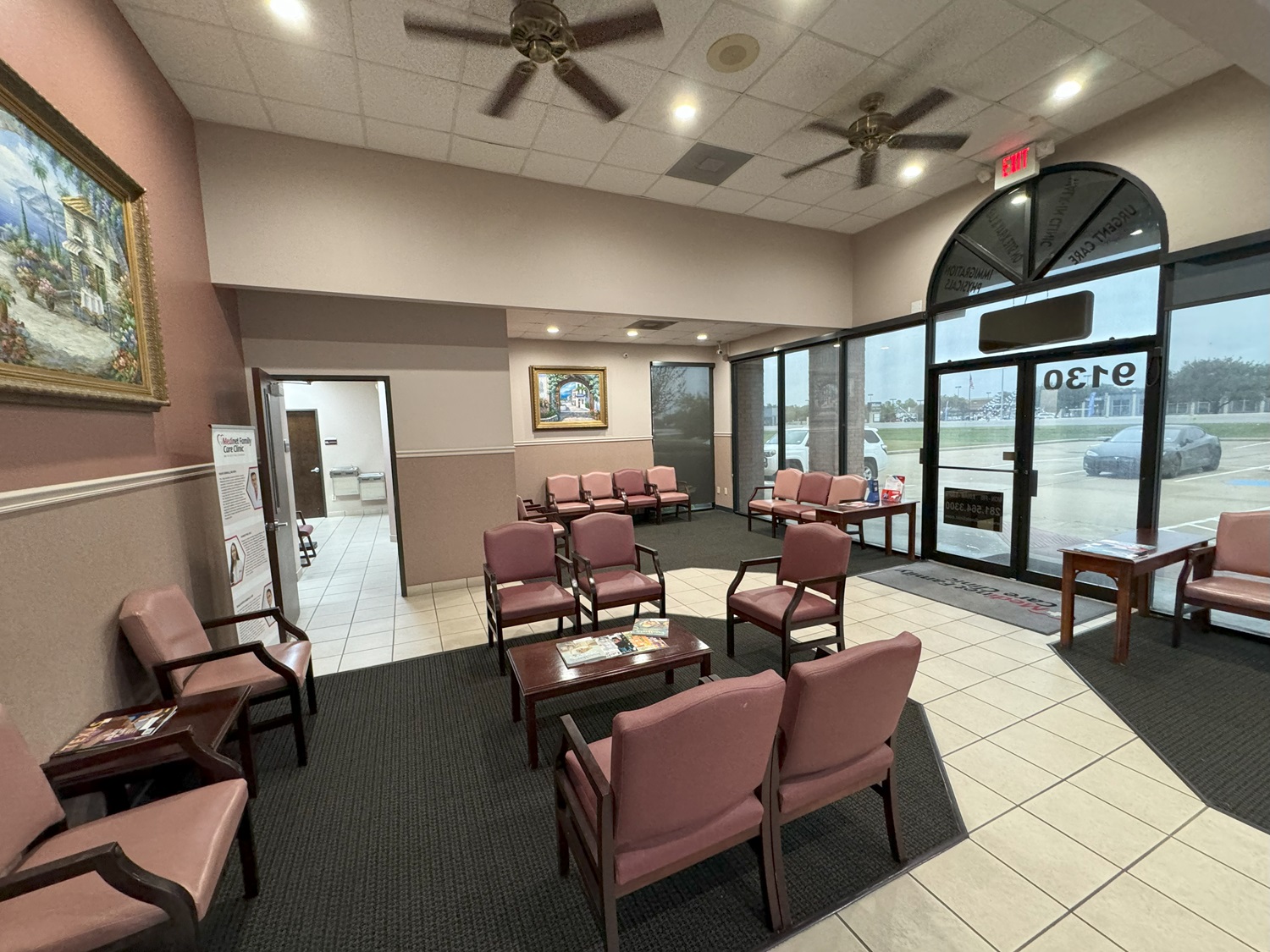WALK-IN
WELCOME
We believe in making healthcare convenient for you. Whether it's a sudden concern or your preferred way to access care, our team is ready to assist.
LESS
WAIT TIME
Out dedicated staff ensure that you spend less time in the waiting room and more time receiving the personalized attention you deserve. Your convenience and prompt care are our priorities
VACCINATION
Our experienced healthcare professionals ensure that you and your family stays up-to-date on essential vaccinations, promoting long-term health and well-being.
PHYSICAL EXAMS
From annual check-ups to immigration requirements, our providers ensures thorough assessments tailored to your needs.

FAQ's
No, You can walk into the clinic and you should be able to see the doctor with very less wait time. It is recommended to book an appointment so you do not have to wait and get more personalized care. Request Appointment Here
We accept all major insurances. As we are constantly adding new insurances in our network please message us or call us to know if your insurance is in network
No, we do not charge anything outside your insurance plan and authorizations
Your ID, Insurance, any other document that you think will be help Doctor to review it.
Yes, you can request tele-health appointment online or by calling us
Yes, we can send you automated test and calls 1 day earlier or same day of appointment.
You can login into your Healow profile to pay your bill. You can also pay it online by clicking on "pay your bill" on top right corner of the screen





















